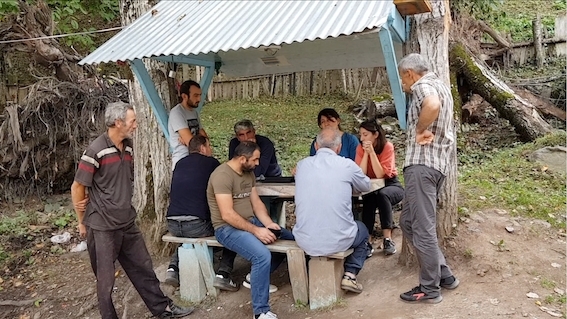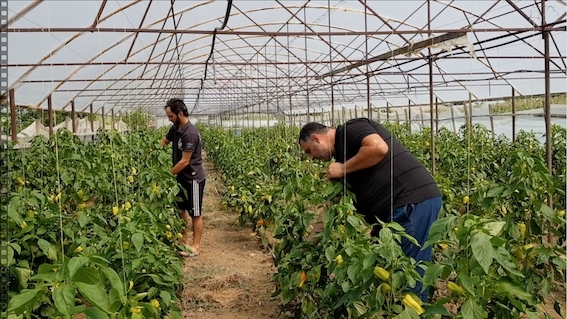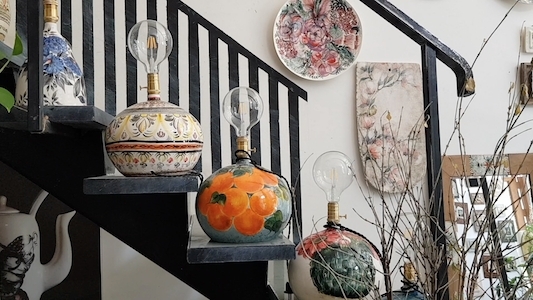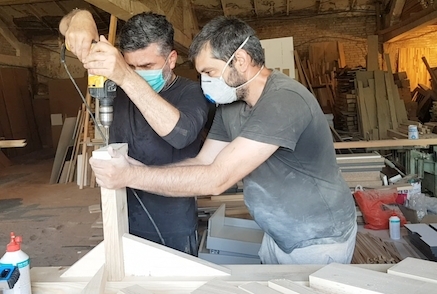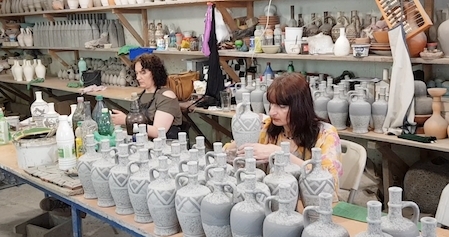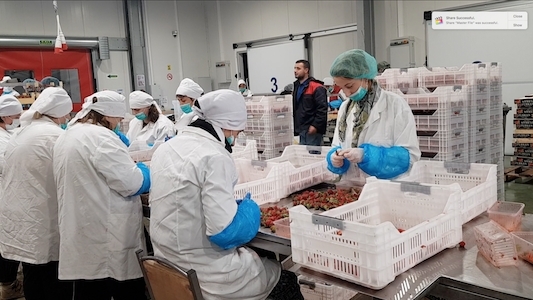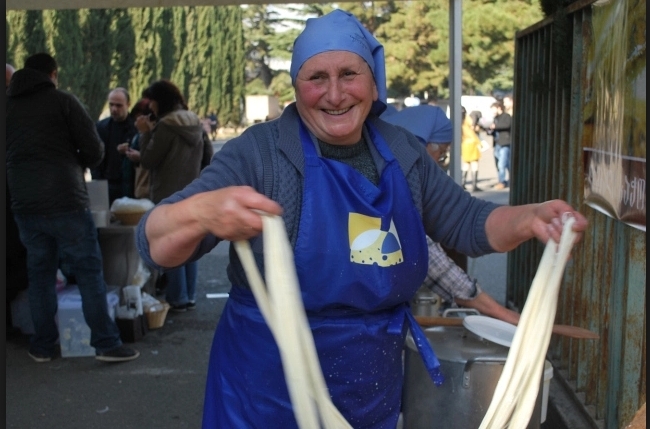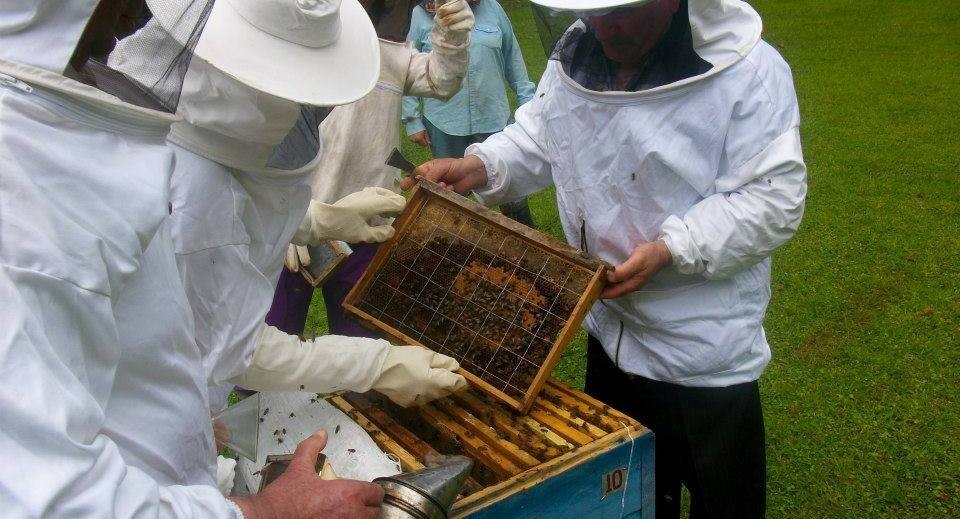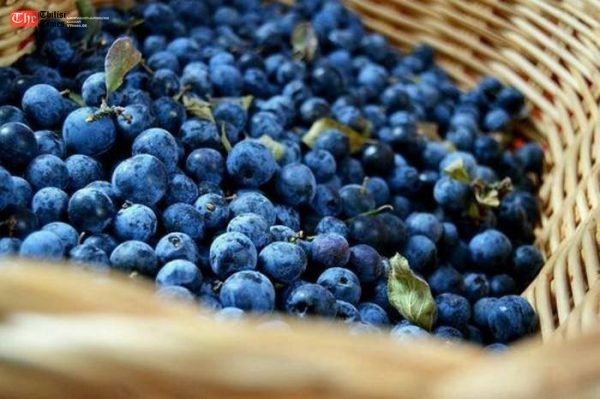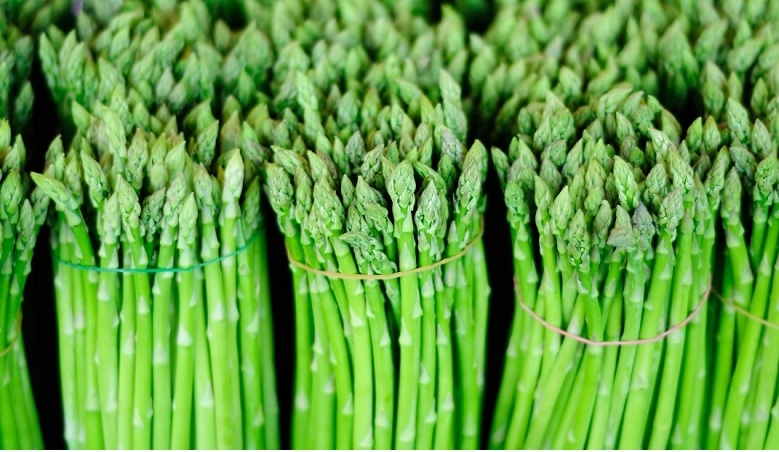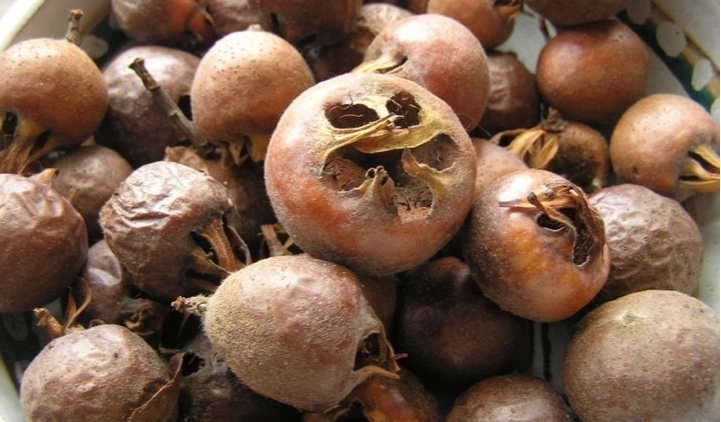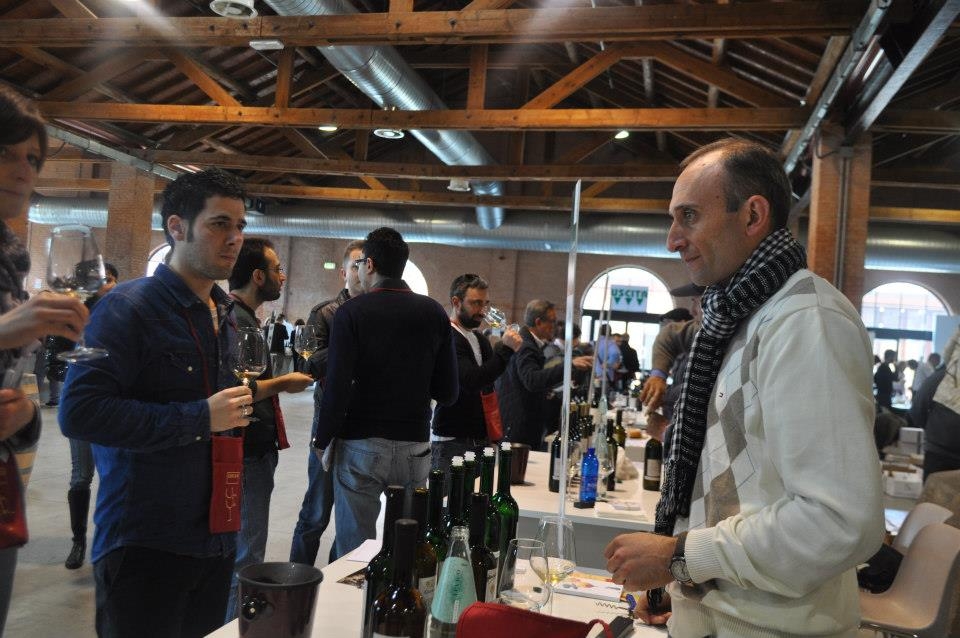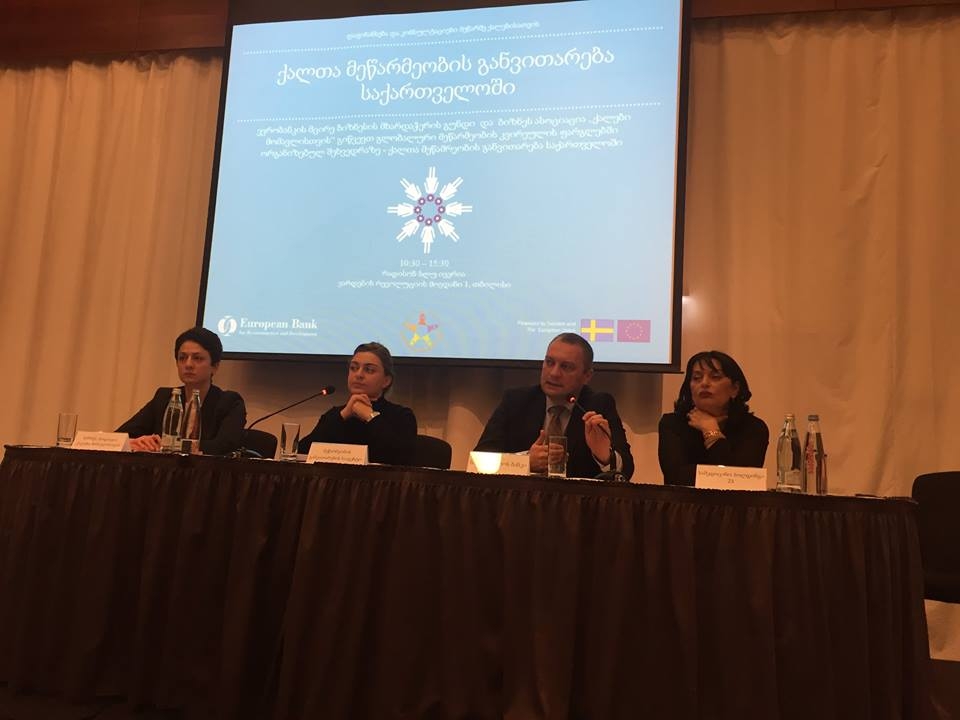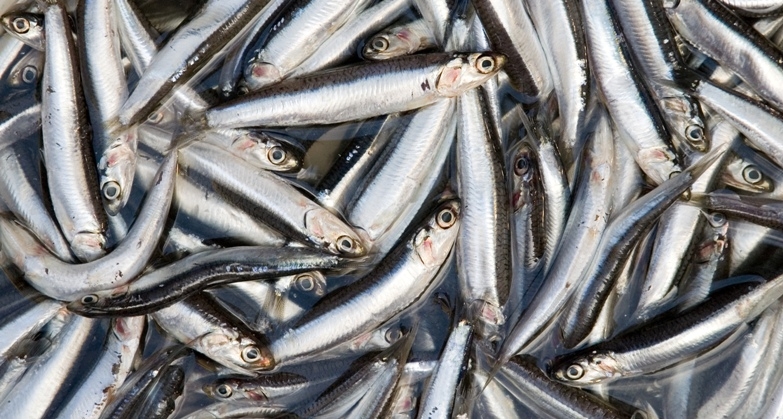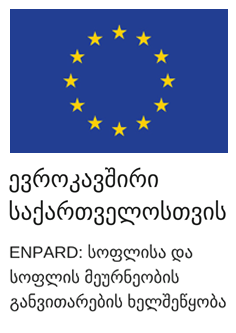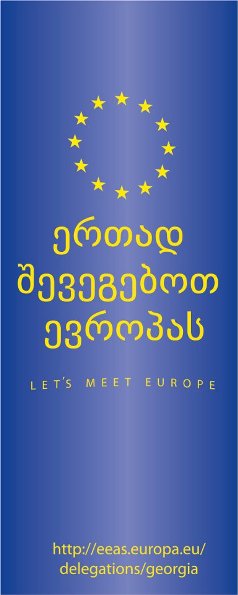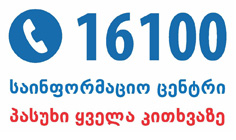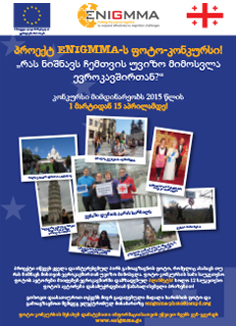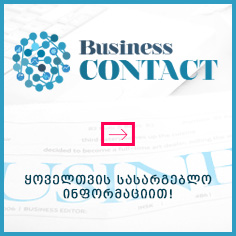Sakkabeli Poised to Enter the EU Market

“The Association Agreement offers our products tariff-free access to the EU market. We will certainly be taking advantage of this opportunity, and we will start exporting our products to European countries next year,” Edisher Mamaladze (Chair of the Supervisory Board of Sakkabeli JCS) said in an interview with www.eugeorgia.info.
Established in 1958, Sakkabeli is the largest producer of cables in Georgia withup to 2,000types of copper and aluminum cables on the production line. Sakkabeli’s products have been employed on wide scale in the processes of energy metering in Georgia’s cities and villages, as well as installation of a new outdoor lighting system in large cities. Sakkabeli cables are also used to connect Georgia’s power grid to Azerbaijan, Armenia, Russia, and Turkey.
Edisher Mamaladze: “Cables manufactured in our plant have been exported to Armenia since 2010. Europe has certain requirements related to product certification. We have an ISO 9001:2000 certificate, and we now plan to obtain product certification as well, which should be completed this year. This means we should be able to land our products in Europe next year.
Q: Are European consumers familiar with your product?
Edisher Mamaladze: The European market is not acquainted with our products. Our goods are not as unique as, for example, Georgian kvevri wine. Copper or aluminum cables are standard products demanded by all construction and energy companies. We have already established relations with the Baltic countries but since negotiations have not been finalized, I cannot discuss any details.
Q: Why do you believe that your products will be in demand in the European Union?
Edisher Mamaladze: If Georgian products are exported to the EU market, we will not be obligated to pay tariffs, which should make our products competitive.The capital price of a given product depends on many factors, such as raw materials, labor and transportation costs, taxes and so on. The raw material supply is the same in every country. Our main raw materials are copper and aluminum, which are subjected to a production quota by the stock market and so European manufacturers buy materials under the same conditions as we do. We also have a lot of experience and new technology, which cuts our expenses.Equally important is transportation. We are in the middle of negotiations with one of the large transport companies importing products from the EU to Georgia. We want to use the services of this company, to cut the price of products intended for export. Our products meet the same quality standards as European goods. Since we will not pay tariffs, our products will be much cheaper and more competitive.
Q: The Association Agreement enables Georgian companies to participate in EU tender competitions. Are you considering this possibility, too?
Edisher Mamaladze: We are considering this as well, but we have not taken any concrete steps yet.
Q: In relation to public procurement, the European Union enforces monetary limits. The value of the goods or services offered by bidding Georgian companies should not be lower than 130,000 euro. Otherwise, companies will be banned from participating. Can Sakkabeli meet this requirement?
Edisher Mamaladze: Our company will have no problems in this regard. Sakkabeli can deliver over 130,000 euro’s worth of products.
Q: Should the state support you in the process of entering the EU market? If so, what exactly the state should do?
Edisher Mamaladze: We expect the state to support us financially in the process of certification, which is what we also expect of our neighboring countries, such as Turkey and Azerbaijan. Goods exported by these countries are examined, and the state covers the certification costs, which is a great relief for these companies. Employing foreign experts and product certification is very expensive.
Manana Vardiashvili


